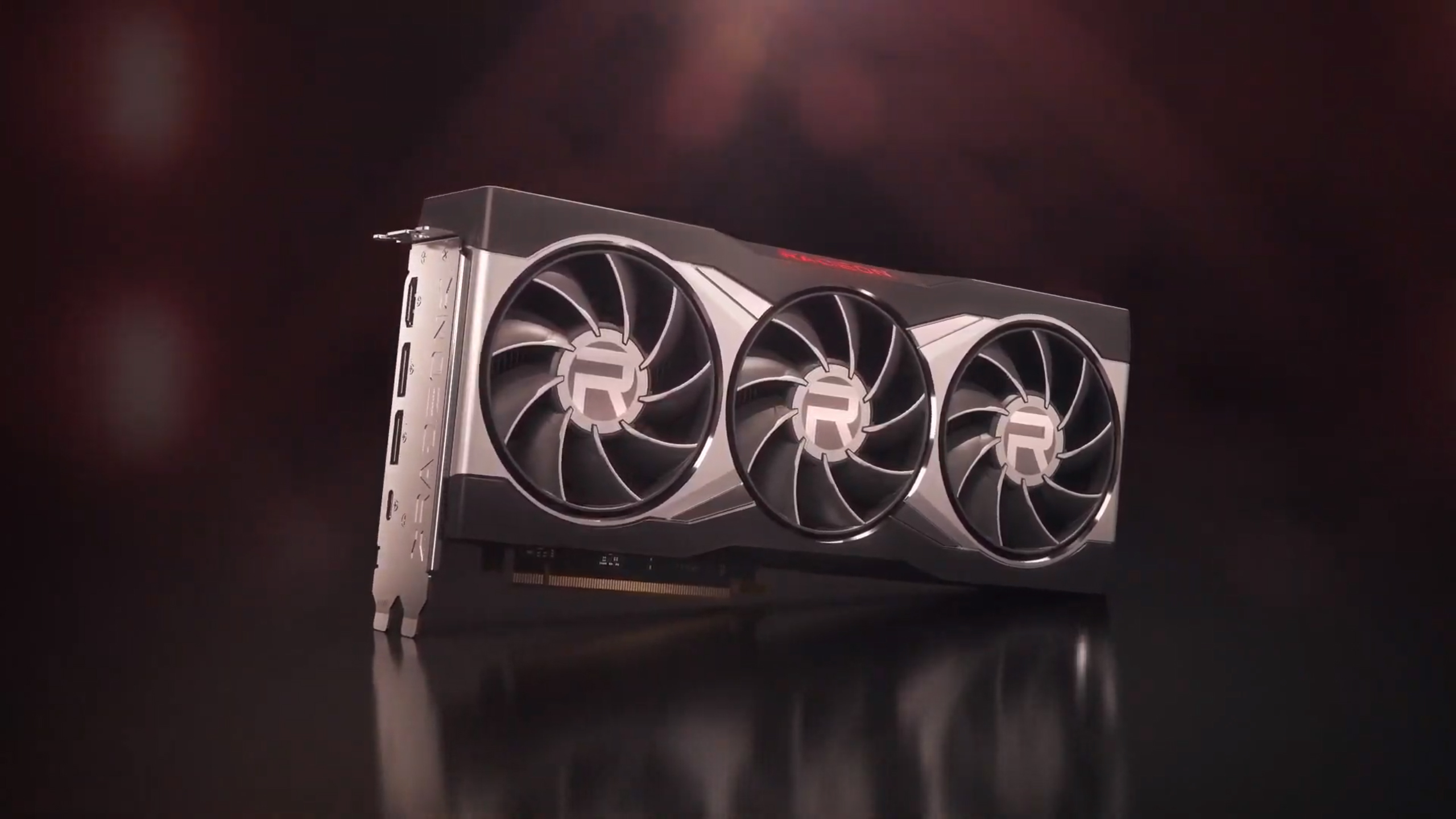AMD RX 7000 GPUs could boost so fast it’ll make Nvidia’s head spin
RDNA 3 might come close to an incredible 4GHz boost

AMD’s next-gen RDNA 3 graphics cards could reach massive boost speeds, at least if a new leak is to be believed.
The rumor dropped on Twitter – and it’s a real eye-opener from regular hardware leaker HXL, spotted by Notebookcheck.net – is that an unspecified RX 7000 GPU (presumably the top dog model) can almost hit 4GHz when boosting.
Almost 4Ghz GPU😱 pic.twitter.com/CC97YL9NovSeptember 19, 2022
As noted, we aren’t told which RDNA 3 graphics card that might be, and also, we don’t have any context for how that purported boost is achieved. Given that no caveats are mentioned, the presumption is that this is what a next-gen GPU might be capable of out of the box – but we obviously need to be very careful about accepting what we hear on the grapevine at face value, anyway.
To put this near-4GHz possibility into perspective, rumors around Nvidia’s next-gen Lovelace GPUs are theorizing that the RTX 4090 comes close to 3GHz or thereabouts – maybe around 2.8GHz, though other guestimates have been slightly lower. And don’t get us wrong, that’s still a big jump from the current-gen for Team Green. However, if AMD is looking at 4GHz, that’ll obviously be a big win for Team Red in terms of raw speed and the marketing of next-gen graphics cards.
Analysis: A bit of a stretch, really…
First off, we should make it clear that comparing clock speeds is not the only facet of evaluating GPU performance. There’s a lot more in play as to how fast those frames will fly, like other key specs – core counts, memory loadout and speeds – plus underlying architectural improvements with next-gen graphics cards which are critical, of course.
Still, there’s no denying that the possibly of AMD getting so much higher with boost for RDNA 3 compared to RTX 4000 would be a victory, and reaching these kinds of speeds would be a truly remarkable generational jump in itself. But there are lots of reasons to pause for thought here.
For starters, there’s so little info given in that tweet, it feels a bit throwaway and doesn’t inspire confidence. The timing – right before the RTX 4000 launch (check out our Nvidia RTX 4090 launch live blog for more info) – is also notably convenient, and smacks of either running interference, or just plain attention grabbing. As ever, we must treat any rumor – particularly vague ones – with an appropriate amount of skepticism.
Get daily insight, inspiration and deals in your inbox
Sign up for breaking news, reviews, opinion, top tech deals, and more.
Is it really feasible that AMD could reach these sort of clocks with the RX 7000 family? Well, we have seen boosts in the order of 2.7GHz with AMD’s current GPUs, or even faster than that, with overclocking thrown into the mix – and this 4GHz leak might relate to overclocking rather than out of the box performance.
We’d presume this is the case, but then, the way the tweet is phrased as we mentioned above makes it seem like default performance. At any rate, coming close to 4GHz seems quite a stretch, but maybe with overclocking we could see 3.5GHz broken, or even higher. It’s certainly within the realms of possibility with liquid cooling, perhaps, but without any further clarification from the leaker about exactly what this rumored speed entails, we’ll have to sit and wait for further leakage (which likely won’t take long to arrive). Notably, HXL does not add anything to that initial tweet, despite follow-up questions from other Twitter denizens.
Broadly, this does seem to at least suggest that AMD has the beating of Nvidia for clocks in terms of next-gen products, but we’ll say it again: just as with CPUs, it’s best not to get too obsessed with that headline figure, as the whole story is more than mere clocks. Indeed, the key card – so to speak – AMD has played thus far in the battle of the next-gen GPU hype build-up is that of efficiency and performance per watt, which could be a major boon in these days of spiraling power bills.
Darren is a freelancer writing news and features for TechRadar (and occasionally T3) across a broad range of computing topics including CPUs, GPUs, various other hardware, VPNs, antivirus and more. He has written about tech for the best part of three decades, and writes books in his spare time (his debut novel - 'I Know What You Did Last Supper' - was published by Hachette UK in 2013).